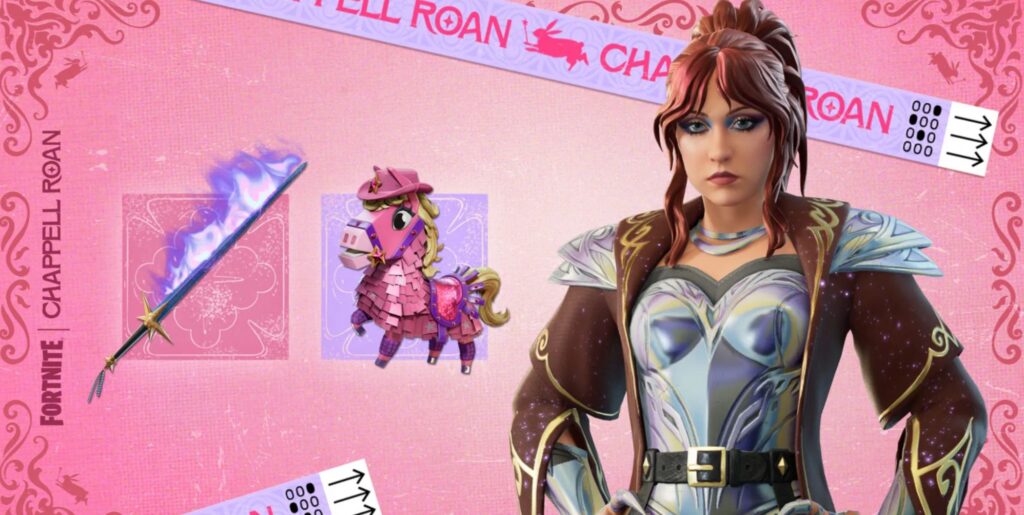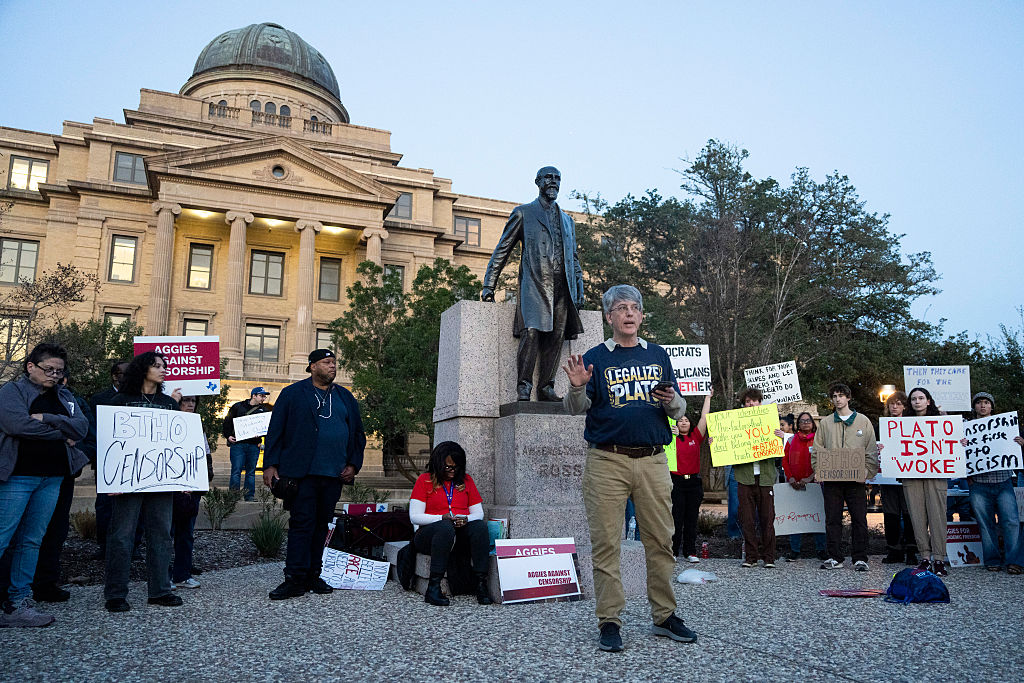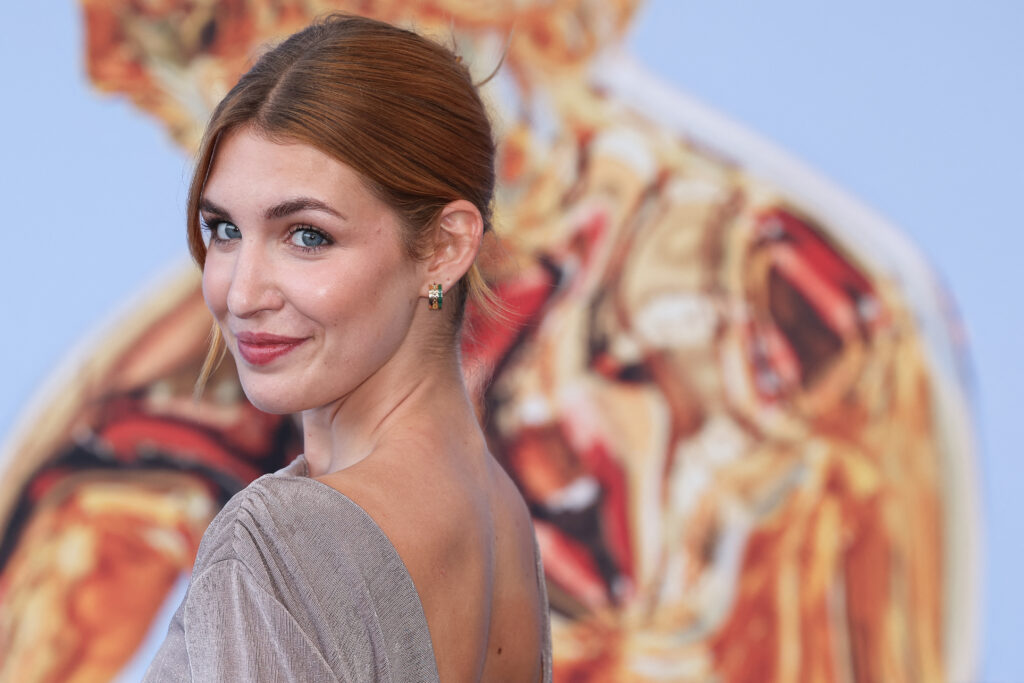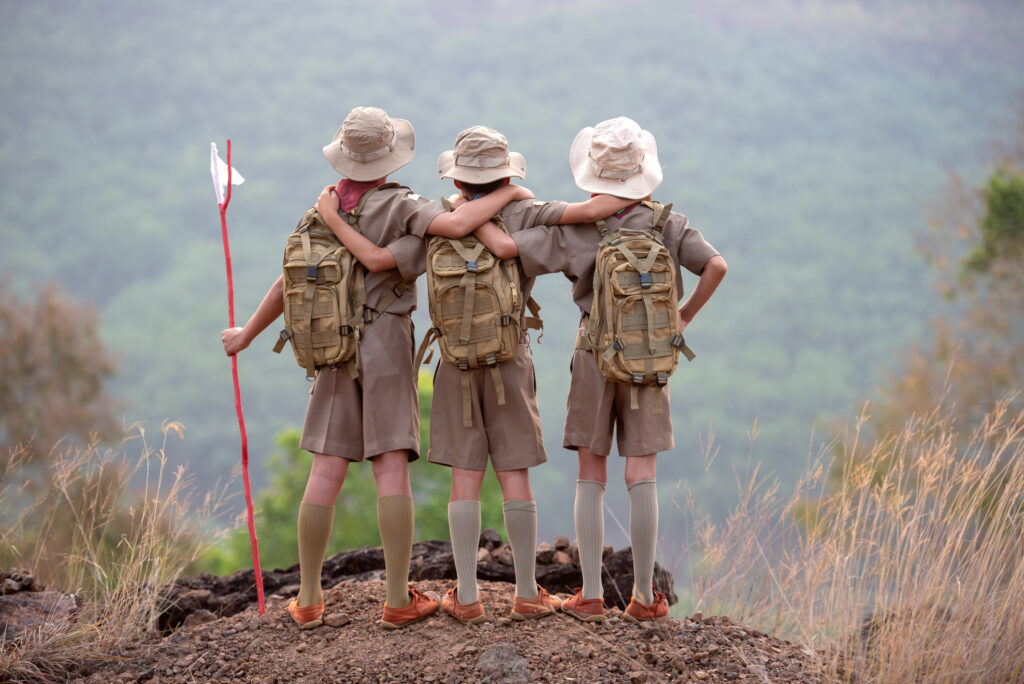The Lesbian Herstory Archives Create A Legacy For Fierce Dykes Everywhere

“The Archives shall be involved in the political struggles of all Lesbians.”
On a leafy street in Park Slope, Brooklyn, the Lesbian Herstory Archives has been at home in a comfortable townhouse since 1993. Originally founded in 1974 with the intention of fostering an inclusive space that hosts both living community and historical material, the Archive is today home to the world’s largest collection of materials by and about lesbians and their communities.
Within the Archive, visitors can find everything from 1980s protest pins to lesbian pulp novels to journal issues and letters. With a comfortable couch and research stations, the archive serves as a central place to gather while connecting with lesbian history and community.
In recent years, the Archive digitized portions of its collection including Audre Lorde recordings, candid photographs, and public access television shows. Their digitization extends across several online platforms and even includes an Instagram account, a helpful tool for connecting with younger audiences and other queer archival Instagram accounts. While putting material online may seem like an inevitability in 2020, the transition came in part from the Archive’s almost 50-year commitment to accessibility.
For the Archive, digitization is just a new part of a larger accessibility puzzle. Their founding principles are a self-described “radical departure from traditional archival practices,” and read:
All Lesbian women must have access to the Archives; no academic, political, or sexual credentials will be required for use of the collection; race and class must be no barrier for use or inclusion.
The Archives shall be housed within the community, not on an academic campus that is by definition closed to many women.
The Archives shall be involved in the political struggles of all Lesbians.
Archival skills shall be taught, one generation of Lesbians to another, breaking the elitism of traditional archives.
The community should share in the work of the Archives.
Funding shall be sought from within the communities the Archives serves, rather than from outside sources.
The Archives will always have a caretaker living in it so that it will always be someone’s home rather than an institution.
The Archives will never be sold nor will its contents be divided.
Their original commitments can be seen today in the shape of an outdoor wheelchair lift and wheelchair accessible bathroom as well as in digital materials for those unable to visit the building altogether. Aside from usually being open to the public for browsing — no appointment needed! — the Archive invites research questions and correspondence by mail and email.
“Since we strive to serve all Lesbians, and not just the Dykes of New York, we try to find ways for you to use the Archives from a distance,” says its website. “We may be located in New York City but we do actually provide services to lesbians the world over.” Lesbians from around the world have in fact reached out and received answers to questions about items in the collection, recommendations for materials, and even suggestions of other archives.
Often an important part of accessibility is flexibility — being committed to accommodating different needs, even those that we can’t yet predict. Their practice in flexibility may leave the Archives and other similar institutions in somewhat of a better position to navigate unexpected COVID-19 related social distancing. When the Archive closed its doors in March, they already had the infrastructure in place to continue sharing some of their collection online.
Social distancing and COVID-19 related closures have made clear the importance of accommodating limitations to people’s mobility. Before the virus, people with disabilities and even those who lived in transit deserts, for example, were already keenly aware of how dependent we are on infrastructure that is suited to our abilities to move. Now that even the Archive’s next-door neighbors are unable to stop in for a visit, it’s preparedness is a welcome gift and a reminder of the importance of access at all times.
The Archives began offering online material over ten years ago, in 2008, when Professor Anthony Cocciolo and his students at the Pratt School of Information and Library Sciences program first digitized a collection of tapes and created a website to host the audio files. On the current version of this website called LHA Herstories: Audio/Visual Collections, visitors can browse through digitized copies of some of the 3,000 oral history cassettes in the Archives’ Spoken Word Collection and 950 videotapes in the Video Collection, which is ultimately only a small part of the Archive’s full collection.
Visitors to the website can access all of these material without creating an account. Videos and audio files are organized into thematic collections such as the “No More Invisible Women Exhibition” and the “Mabel Hampton Oral History.” All of these materials are accompanied by written introductions and offer an inspiring way to pass a socially-distanced afternoon.
The Archive shares a portion of its images on a different website hosted by Digital Culture of Metropolitan New York, which also hosts collections of a few dozen other local groups. Here, candid snapshots of Lesbian couples, family photographs, and protest signs and political fliers are all classified by genre, subject, location, and date.
The materials offer proof of the people, connections, and community that the Archive fosters. Archives in general serve as public repositories of collective memory but can never be fully public and accessible to all at all times. Who controls the archive thus controls — for better or for worse — history and even knowledge. Faced with the exclusion and discrimination in existing archives in the 1970s, The Lesbian Herstory Archives set out to challenge the gate-keeping that had kept lesbians and so many others from their own communal knowledge and histories.
Their statement of purpose makes this clear: “The Lesbian Herstory Archives exists to gather and preserve records of Lesbian lives and activities so that future generations will have ready access to materials relevant to their lives. The process of gathering this material will uncover and collect our herstory denied to us previously by patriarchal historians in the interests of the culture which they serve. We will be able to analyze and reevaluate the Lesbian experience; we also hope the existence of the Archives will encourage Lesbians to record their experiences in order to formulate our living herstory.”
Today, digitization raises new questions about how a non-hierarchical, accessible, community-run archive can take form online. Websites and platforms like Instagram are subject to different forms of censorship than printed material and pose different barriers to entry than a physical building. Ultimately, a diversity of tactics leads to success. To maintain both a physical space and online platforms means more options for lesbians looking for history. For the time being, when fewer people than ever can access the Archive’s Park Slope home, their digitized resources can be an important lifeline to the lesbian community and strength.
As the Archive reminds us: “We invite you to use us, to visit us in whatever way you can. We hope in the future to make the contents of our collections accessible on the Internet. But someday, if you can, make your way to the old table in Brooklyn around which so many of us have dreamed and planned and acted, refusing the ignorances of our times.”












